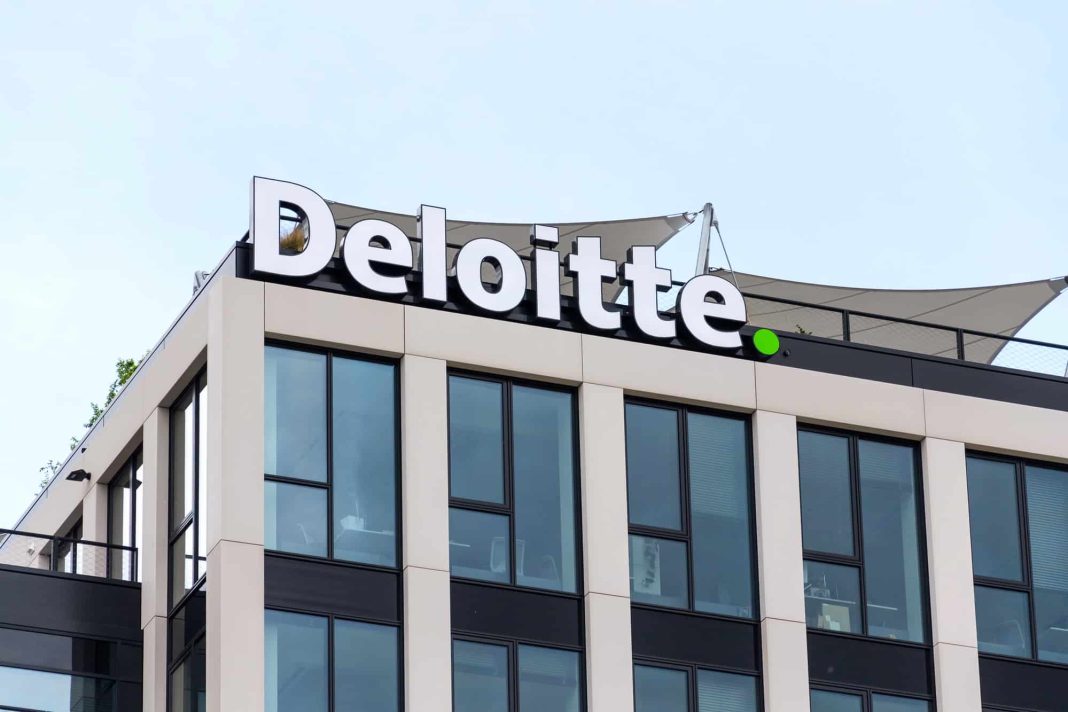Auditing firm Deloitte Ghana has urged the government to ring-fence its borrowing plans as it prepares to re-enter the domestic bond market, cautioning that the country’s recent gains in debt sustainability must not be eroded.
Deloitte believes Ghana’s improving credit ratings, stronger fiscal discipline, and declining debt-to-GDP ratio offer a rare opportunity to reset its debt strategy, but only if borrowing remains targeted, prudent, and anchored in long-term economic reforms.
Already, the government has recorded major progress in reducing public debt distress. According to Deloitte’s analysis of the 2026 Budget, domestic debt recorded a marginal growth of 0.4%, increasing from GHS 309.8 billion (Dec 2024) to GHS 311.0 billion (Oct 2025).
The slight increase was driven by continued issuance of Treasury securities to support budget execution.
External debt declined sharply by GHS 97.6 billion, reducing from GHS 416.8 billion in December 2024 to GHS 319.2 billion by October 2025, representing a 23.4% reduction.
This reduction was primarily due to appreciation of the Ghana Cedi, reduced external borrowing, and strong fiscal performance.
Deloitte notes that these improvements, alongside credit rating upgrades from Moody’s and Fitch, signal renewed confidence among international investors.
However, the firm warns that Ghana’s debt situation remains delicate and requires disciplined management to avoid slipping back into high-risk territory.
The firm, therefore, called on the government to prioritise concessional borrowing for large-scale infrastructure, climate-resilient projects, and social development, while avoiding expensive, short-term debt instruments that pose significant fiscal risks.
Deloitte recommends that any upcoming bond issuances be backed by clear repayment plans and commercial returns, particularly for state enterprises whose obligations have historically strained public finances.
It also encourages tighter coordination between the Finance Ministry, investors, and international partners when implementing debt buyback operations, stressing the importance of transparency and predictable engagement to prevent market disruptions.
Deloitte concludes that Ghana’s planned return to the bond market can be positive, but only if borrowing is “reinforced for financing self-paying projects” and domestic interest costs are strictly controlled.
This, the firm argues, is essential for improving fiscal discipline and safeguarding the country’s hard-won macroeconomic stability.
